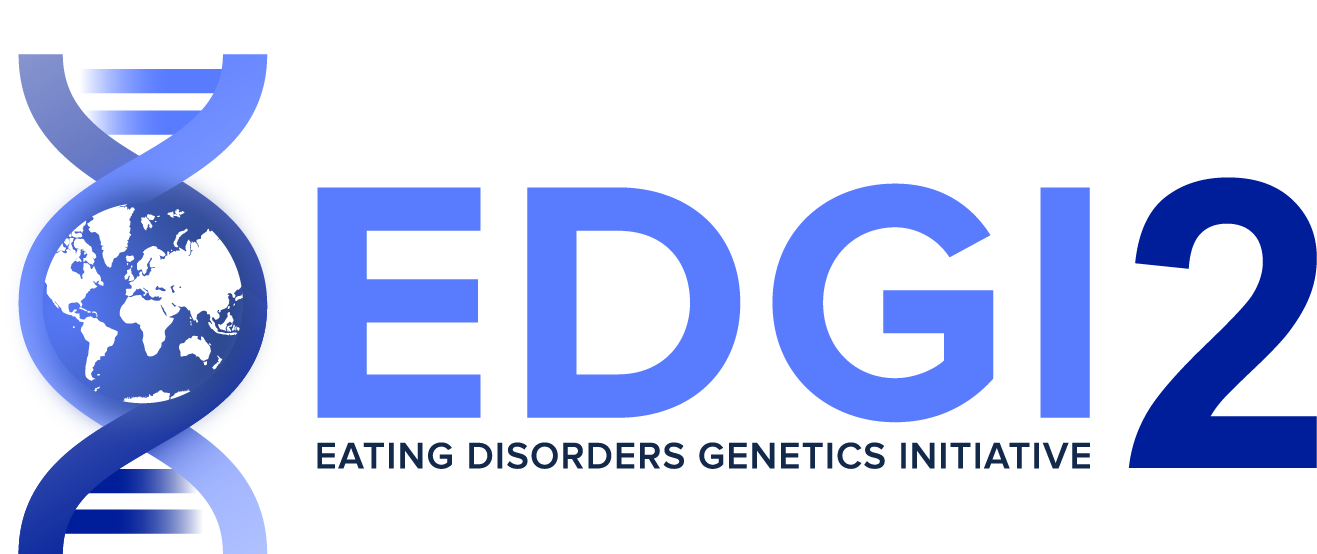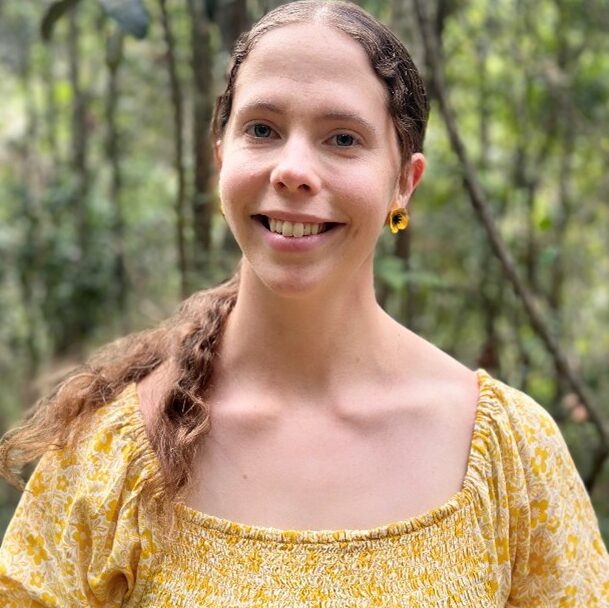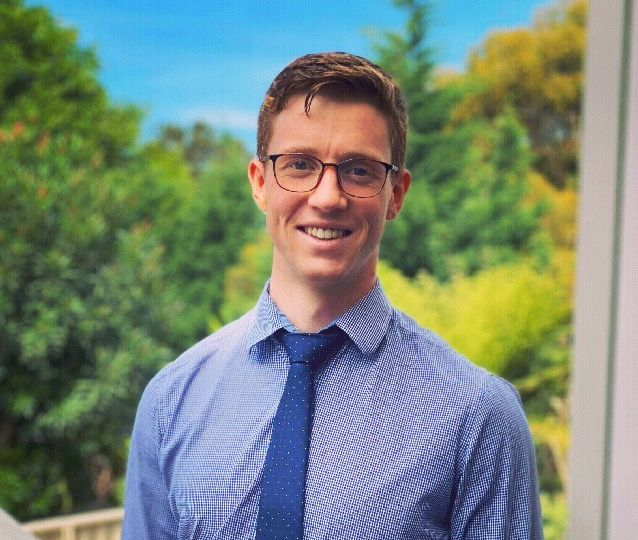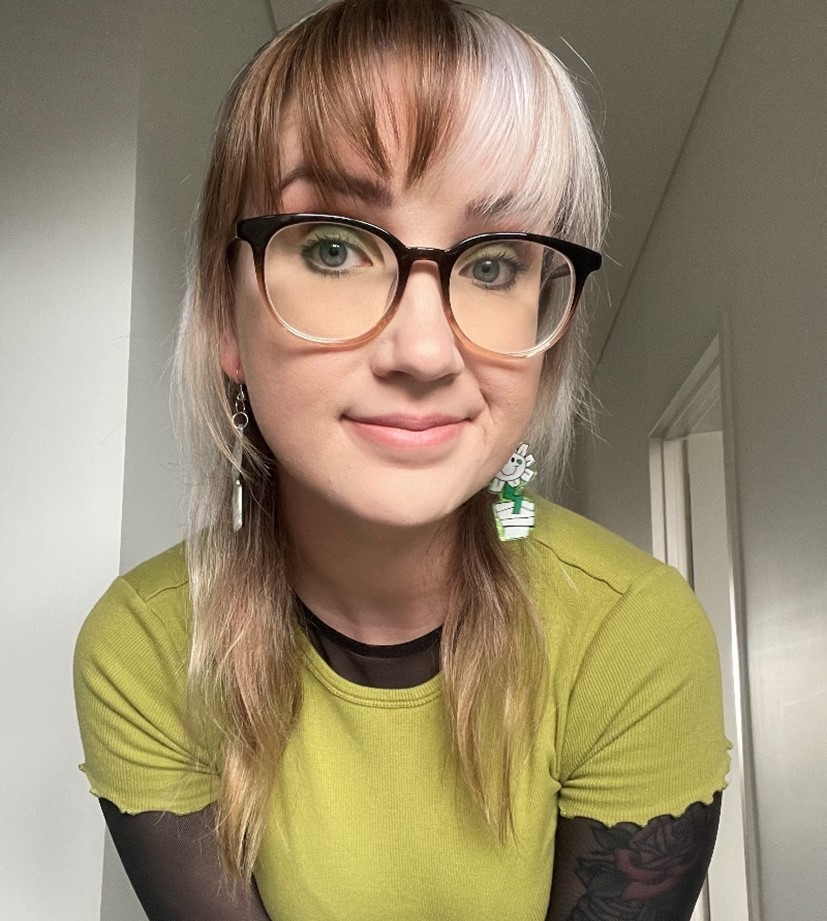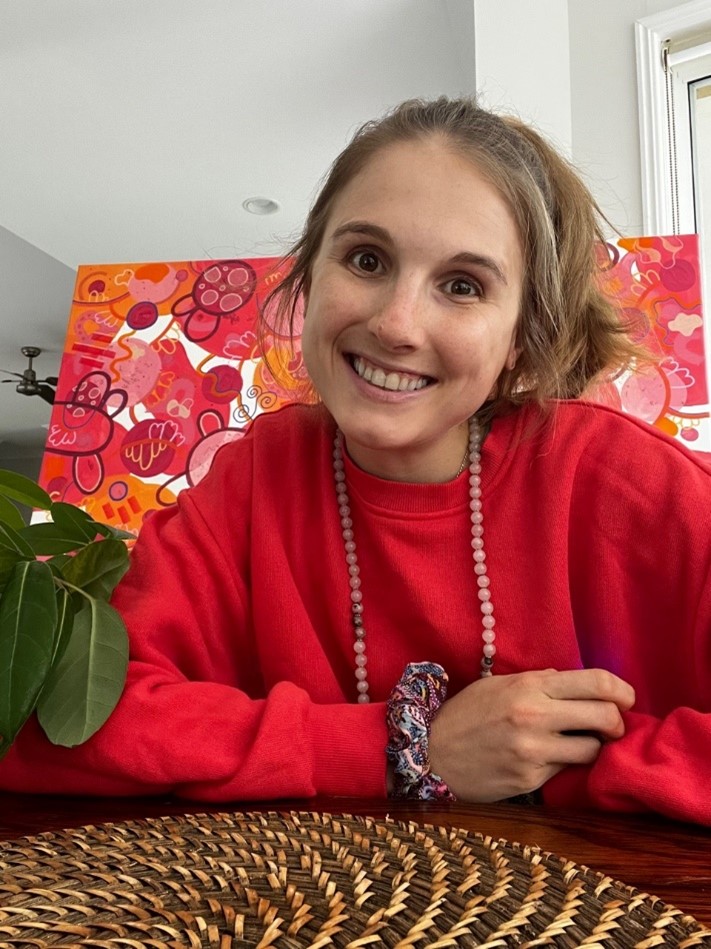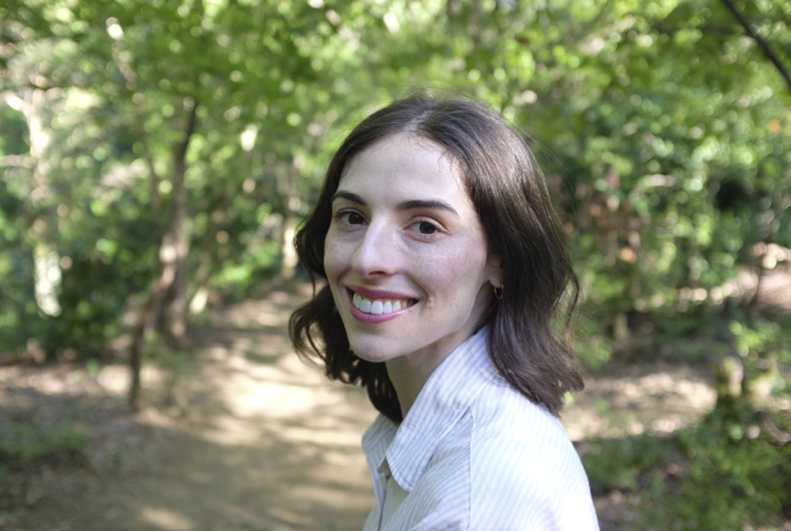Postdoctoral neuroscience researcher, Sophie, 33, Sydney, lived with anorexia nervosa for 15 years. She was diagnosed by her family GP at 13 years of age, in March 2006.
Sophie has a family history of eating disorders.
Involving psychiatric and physical symptoms,1,2 anorexia nervosa is a serious and complex illness marked by extreme food restriction, and significant, and often dangerous, weight loss.3
Sophie began showing symptoms up to a year before her diagnosis, triggered by the pressure of competitive athletics, academic stress, and family stressors. As a long-distance runner, the pursuit of peak performance became overwhelming.
These stressors, compounded by a family history of eating disorders contributed to the development of her illness.
Raised in Bowral, NSW, Sophie had limited access to eating disorder treatment, which proved a key factor in her decline. Despite referrals to a paediatric specialist and dietitian, her lack of access to specialised care caused her condition to worsen.
Frequent hospitalisations from the age of 13 meant Sophie was unable to finish high school with her peers. Living with an eating disorder led to isolation, anxiety, and missing key milestones. The impact was so severe, it took her three years to complete her HSC.
It took years for Sophie to mount a recovery from her illness. She completed a PhD in neuroscience in 2024, driven by a personal connection to the field. Today, she researches the underlying neurobiology of stress-related mental illnesses. Her own lived experience shapes the core of her work.
Sophie has chosen to participate in the Eating Disorders Genetics Initiative 2 (EDGI2) – the world’s largest genetic investigation of eating disorders ever performed, that aims to identify the hundreds of genes that influence a person’s risk of developing complex, devastating eating disorders – including anorexia nervosa, bulimia nervosa, binge-eating disorder and avoidant restrictive food intake Disorder (ARFID) – to improve treatment, and ultimately, save lives.
EDGI2 follows the ground-breaking advances made in the initial EDGI investigation and collaborative Anorexia Nervosa Genetics Initiative (ANGI), in which researchers, including the EDGI team, identified the first eight regions of the genome for anorexia nervosa that implicate both psychiatric and metabolic causes for the condition.
This was a total surprise and a finding that urgently needs replication and expansion to fully understand the pathways that lead to this debilitating condition – hence the need for a much larger sample size and participants who have experienced ALL eating disorders, which is the aim of the EDGI2.
Today, Sophie is sharing her story, to raise community awareness and understanding of living with anorexia nervosa, and urge those who are currently affected, to seek help and support.
This is Sophie’s story.
“When my GP diagnosed me with anorexia nervosa, she said I was too unwell for the local hospital.
“I was referred to Westmead Children’s Hospital in Sydney, which had a specialised eating disorder unit,”
said Sophie.
The lack of dedicated eating disorder services in Bowral during Sophie’s adolescence contributed to her decline.
“There were no specialised eating disorder support services available in the Southern Highlands at the time, so I was referred to larger hospitals in Sydney.
“The shortage of specialised care, especially in rural areas, remains a huge issue to this day,” Sophie said.
Sophie’s eating disorder created many educational challenges for her during high school and university.
“Living with anorexia nervosa profoundly impacted my education. I spent most of my final high school years in and out of hospital, so I missed out on normal teenage experiences – school life, friendships, all of it.
“It was hard watching my friends live their lives – traveling, doing exciting things – while I was missing out,”
said Sophie.
“My HSC took three years to complete. I started with my cohort, but due to my illness, I had to stop, restart, and move away from home to finish my HSC at a Sydney TAFE,” said Sophie.
“University also took much longer than expected, as I spent so much time in hospital and had to self-teach.
I didn’t always have the educational support I needed, especially during long-term inpatient hospital admissions.”
Sophie’s eating disorder also placed a heavy strain on her relationships with family and friends.
“There were so many times my parents were just trying to keep me alive – mealtimes were often very distressing occasions for the whole family.
“My three brothers were trying to understand why I was going in and out of hospital,” Sophie said.
“When I was acutely unwell, my friendships suffered too. I struggled to connect with others and felt isolated during my long hospital stays.
“I went from being outgoing and energetic, to anxious and withdrawn. I think it was very difficult for my friends to understand, and there was little information available to help people understand what it can be like to live with an eating disorder,” said Sophie.
“It’s been a long, hard road to recovery. I completed my PhD last year – education has always been important to me.”
While living with an eating disorder disrupted Sophie’s career, it also helped to shape her professional career as a neuroscientist.
“I had to quit jobs, take extended sick leave, and even pause my PhD for a year while I was in hospital.
“I entered the workforce in my early thirties, while many of my peers started much earlier,” Sophie said.
“My experience led me to neuroscience. Understanding the brain helped my recovery and showed me the illness was not my fault, which is what drives me to break the stigma and raise awareness.”
Today Sophie lives with various long-term health complications from her eating disorder.
“I have chronic health complications, such as osteoporosis, as a result of living with anorexia nervosa, which has significant implications for my future health,” Sophie said.
Sophie credits ongoing support from her mental health team and a passion for art and literature, for her recovery. She has a powerful message for other Australians living with an eating disorder.
“It is important that we understand the genetic causes of eating disorders in order to break stigma and show people it’s not their fault.
“If you are living with an eating disorder and have the means to seek professional help, please do,”
said Sophie.
“Many people living with eating disorders feel they don’t deserve recovery – that’s part of this cruel and pervasive illness. But everyone is worthy of recovery.”
To volunteer for, or learn more about the Eating Disorders Genetics Initiative 2, head to edgi2.org.au or email edgi2@qimrb.edu.au.
Should you suspect you, or a loved one, may be living with an eating disorder, speak to your local healthcare practitioner without delay, or head to insideoutinstitute.org.au to complete their online screener and assessment, and to access more information and professional support.
Australian professional patient support services offering 24/7 helpline services include:
- Butterfly National Helpline: 1800 334 673
- Beyond Blue: 1300 22 4636
- LifeLine: 13 11 14
- Men’s Line Australia: 1300 78 99 78
- Kids Help Line: 1800 55 1800
